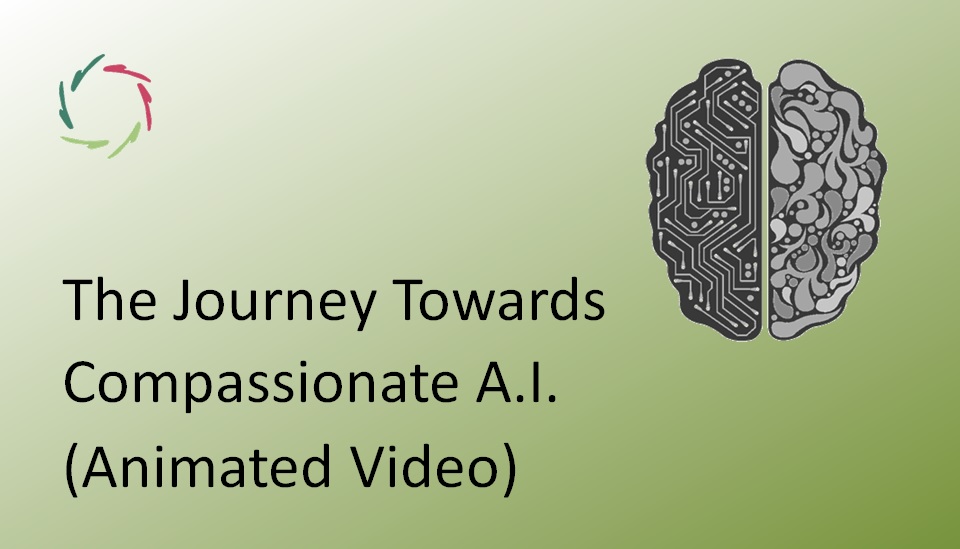Let Us Go for Science with a Heart

Human-related science has, until now, not always taken the view from the heart. A.I.-based science may profoundly change this picture.
If you are an avid reader of my blogs, this one has little new. Yet by putting things together from a different perspective, a new picture may emerge.
Reproducibility
Science is about many people being able to check whether some assertion is true. This stands against the situation in which one person can, as an authority, posit the truth as he pleases. This way, science democratizes truth. Two ways toward this have been acknowledged in the modern scientific community from the start:
- Rational science. This is about formal logic. Ideally, anybody can use the same logical rules to achieve the same result.
- Experimental science. This is about observations. Ideally, experiments can be replicated to achieve the same result.
The aim of both is objectivity. Science is to be objective, not subjective. With subjectivity, both forms of science would deteriorate, throwing us back into the authoritarian truths of prescientific ages.
Naturally, objective science accords more easily with the world of objects than with the heart.
Yet much effort has been made to apply the same criteria to both worlds, mainly because there has never been a good alternative. It was an unfortunate scenario but largely the only viable one.
The profound problem with this is that objective science has no heart. This is, there is no heart within the objective science itself. That’s a fact, not a judgment.
No method is present within objective science to respect the heart profoundly.
As said, the means have been principally lacking to do so ― until now.
Meanwhile, objective science is frequently regarded as encompassing the investigation of total reality. But of course, there is a difference between not seeing X vs. entirely ignoring X (or even actively hiding X).
Unfortunately, in ‘hard science,’ many scientists ignore the heart as if it’s not interesting or, with certainty, irrelevant. This is not what objective science proves but only what it shows because the heart lives in scientific darkness.
This situation is about to change essentially.
Not surprisingly, the change comes through a drastic improvement in scientific investigations. We’ve seen that before in a telling way.
As the telescope brought the outer universe into view, we can now bring into view the inner universe. The new means is not one instrument but a whole field based on increasing A.I. technologies. These can be used, for instance, as natural elements within the coaching of Lisa (Compassionate A.I. video coach), showing many correlations between the human mind and body happenings.
Soon, we will thus have the means for science with a heart.
I wonder how this will be received. It poses significant challenges to vested interests, including those of many who ‘cry science.’ I hope they still cry science after the Lisa revolution will have brought essential changes.
Let us never abandon science but precisely strengthen and expand it.
Let us go for science with a heart.


